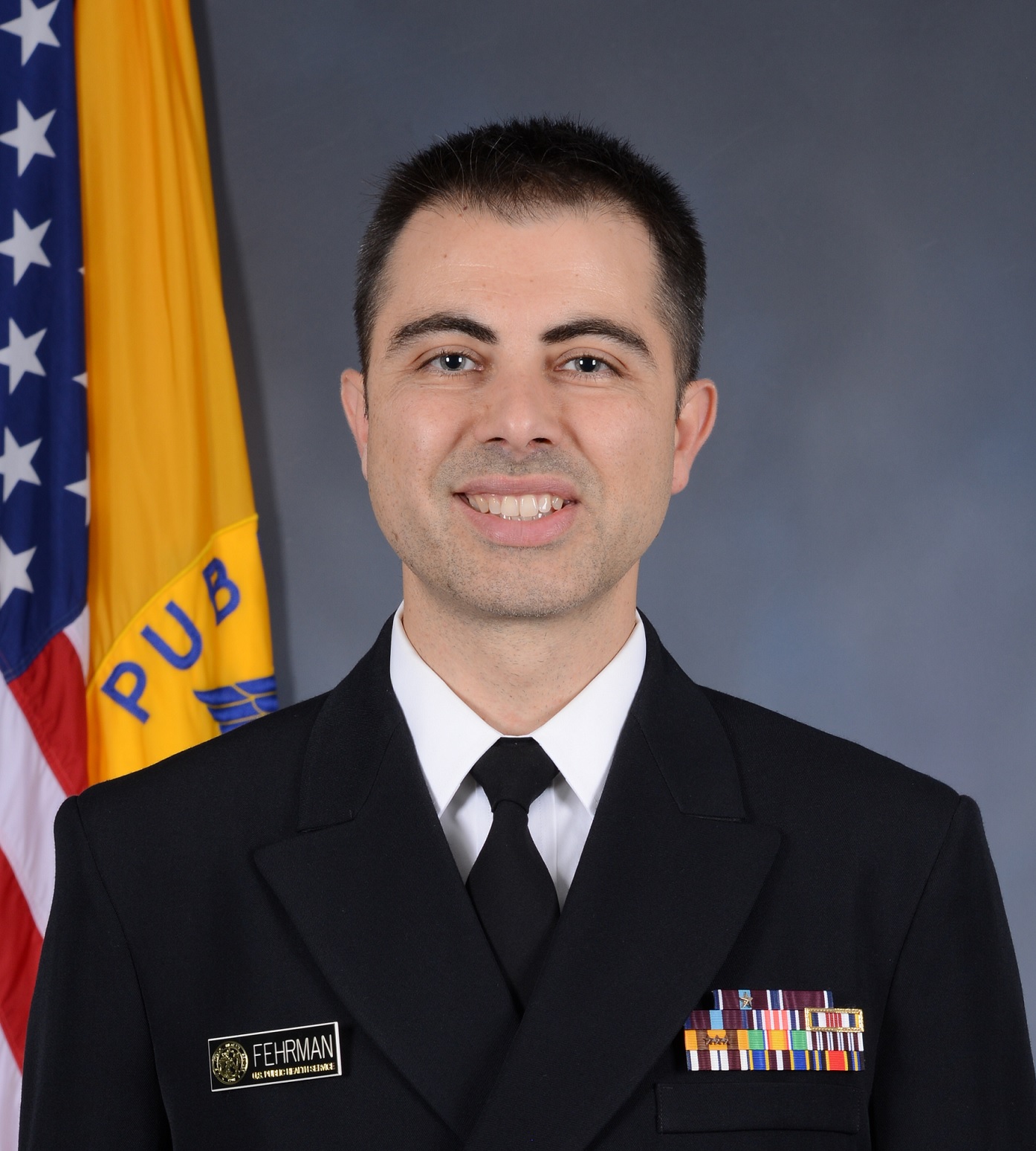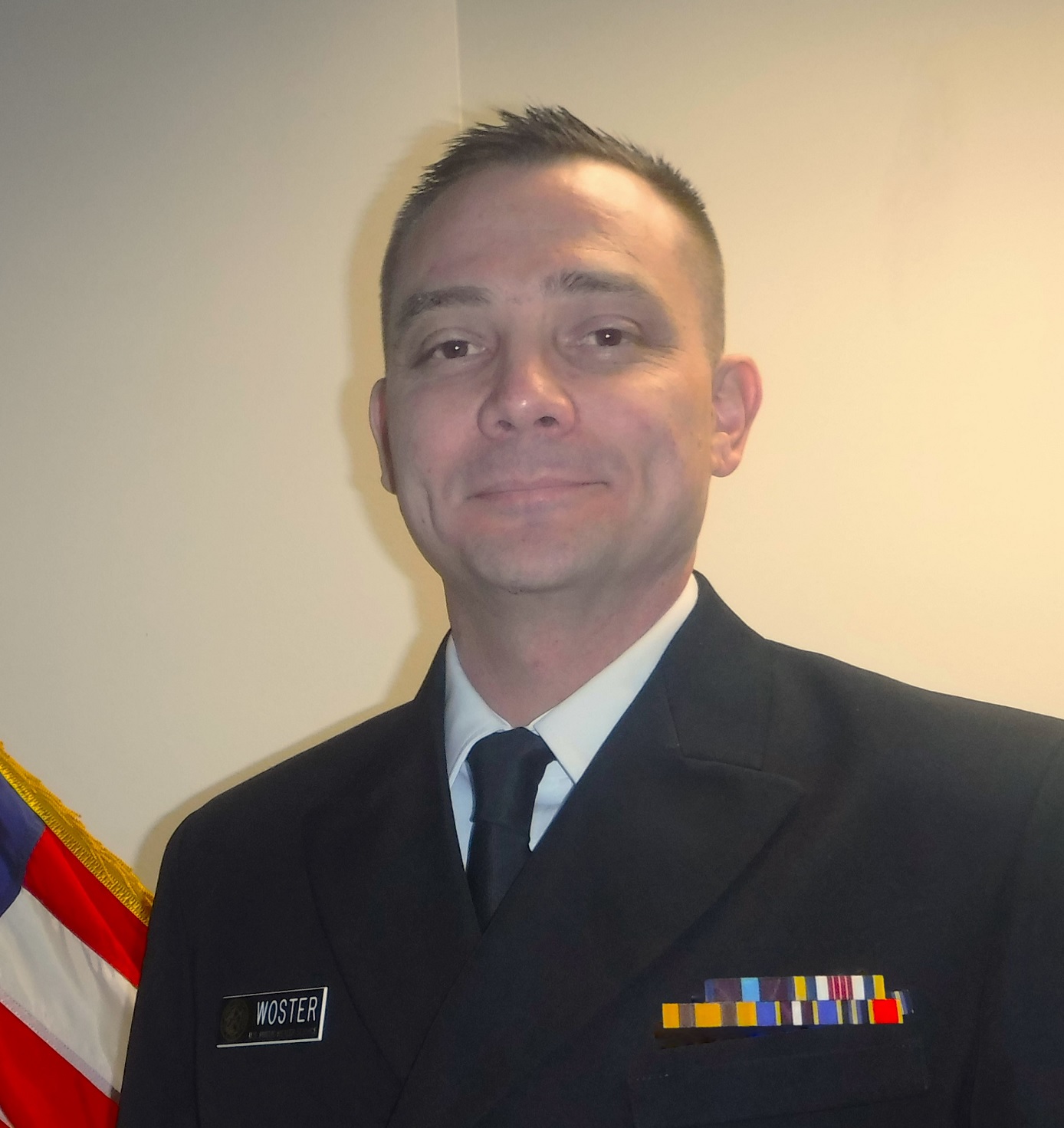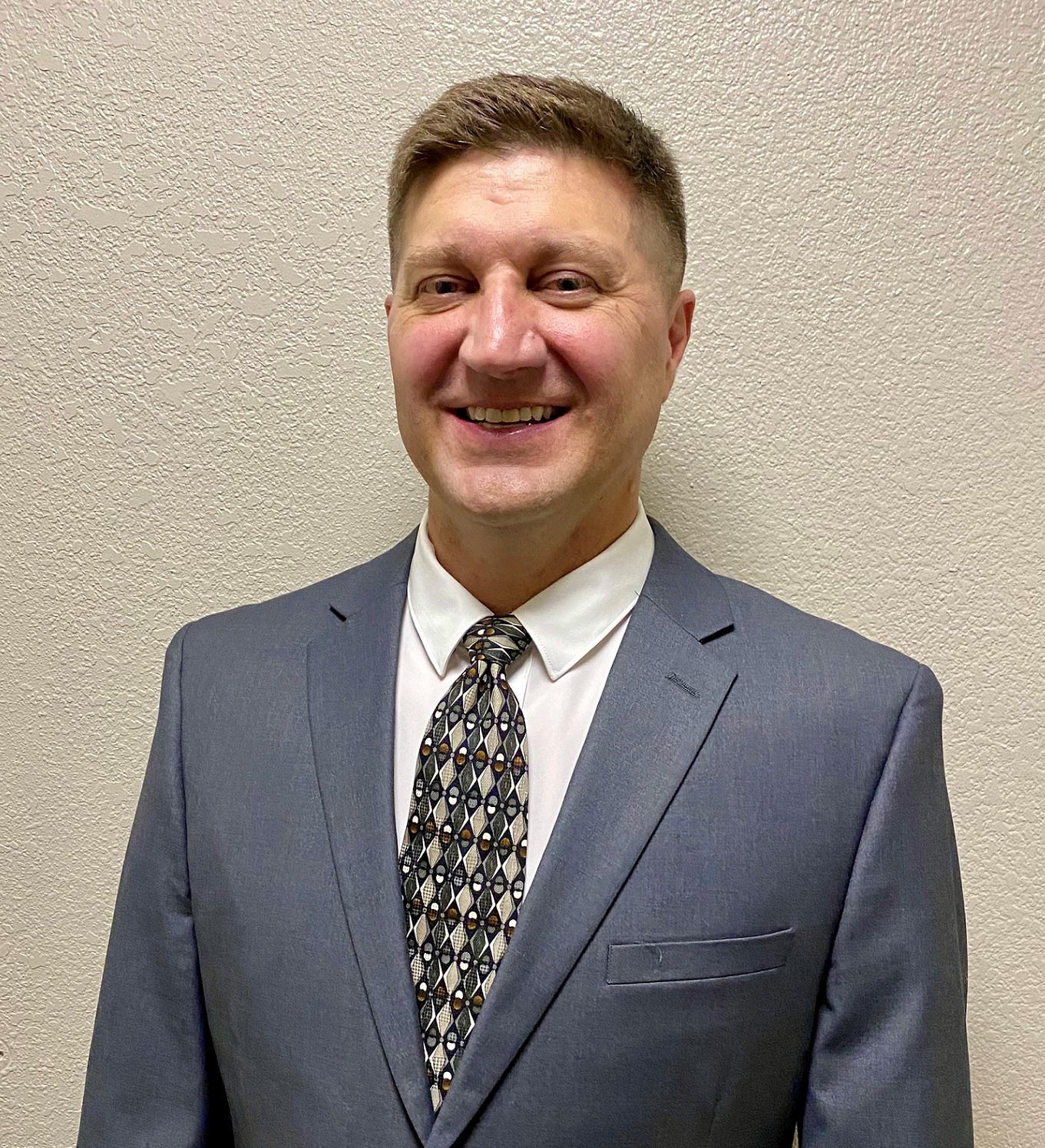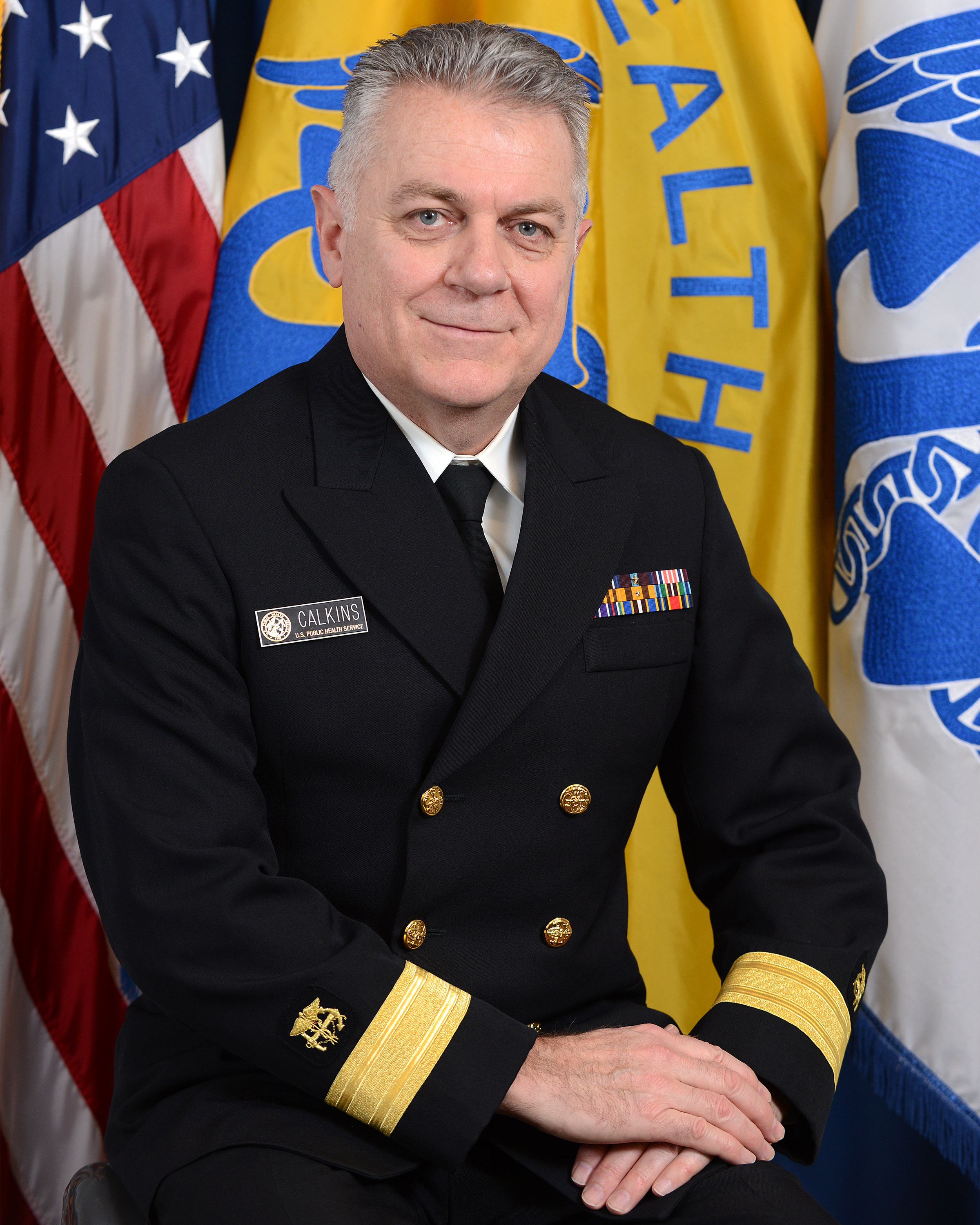Providing essential water supply, waste water disposal, and solid waste disposal facilities to tribal homes and communities, is critical to the Indian Health Service’s efforts to raise the health of American Indians and Alaska Natives to the highest level. The Division of Sanitation Facilities Construction, part of the Office of Environmental Health and Engineering, administers a nationwide program that supports tribal communities by providing planning, engineering design services, and funding to support the construction of water, wastewater disposal, and solid waste disposal facilities that serve tribal homes. The program also provides tribes with operation and maintenance technical assistance to help ensure tribes can support these infrastructure investments to deliver the intended public health protections.
DSFC recently recognized nationally four outstanding employees who were recipients of annual awards for going above and beyond to serve Native communities. These individuals have demonstrated through their actions that they are among the best of the Indian Health Service engineer workforce who are responsible for improving the health of the people we serve by improving the environment in which they live.
DSFC Leadership Award – Cmdr. Christopher Fehrman, P.E.

As the Alaska Area DSFC director, Cmdr. Christopher Fehrman has significantly advanced the Indian Health Service mission over the last year through outstanding service, leadership, and initiatives. As program director, he is responsible for the coordination of sanitation facilities construction projects with the largest tribal consortium in the country in terms of geographical size and funding.
Under the Bipartisan Infrastructure Law (BIL), in preparation for the Fiscal Year 2023 funding cycle, Cmdr. Fehrman provided guidance, mentoring, and comprehensive technical reviews for 290 proposed sanitation projects, which yielded 50 ready-for-procurement projects totaling $515 million. This was a funding increase of more than double the previous year. His technical review of 29 preliminary engineering reports and associated technical memos as the agency’s representative and collaboration on a state-wide multi-agency review committee led to the advancement of additional funding of these projects.
With significant increases in IHS funding from the BIL, a historic number of projects have been funded under Cmdr. Fehrman’s oversight from prior fiscal year cycles. He diligently collaborated with other federal agencies in a whole-of-government approach to secure an additional $38 million to fund construction on 156 projects to assist with the ineligible cost contributions. His keen insight to find a solution while building coalitions with Rural Development, Environmental Protection Agency, Denali Commission, and the state of Alaska has led to historic advancement of these projects to provide critical sanitation facilities to Alaska Native homes and communities.
Cmdr. Fehrman represents IHS as a sanitation facilities subject matter expert and technical advisor in working with tribal consortium. This relationship has led to identifying over $2 billion in sanitation need for Alaska Native homes and communities.
DSFC Senior Engineer of the Year – Lt. Cmdr. Tristan Woster, P.E.

Lt. Cmdr. Woster is the district engineer of the Sioux City District and oversees the planning, design, and construction activities for 8 tribes within the district’s geographic area. He sets an outstanding example of growth and professionalism in a district with a 50% vacancy rate. Despite the difficult circumstances of staffing levels, Lt. Cmdr. Woster has excelled at performing the duties of being responsible for all administrative, technical, and financial operations of the position. He has accomplished this at a remarkably high level while maintaining much of his previous design and construction management workload while in an acting leadership position.
Over the past year, Lt. Cmdr. Woster has completed eight detailed design packages for sanitation construction projects while overseeing the design and construction of 80 active projects. He is also facilitating the planning activities for a new multi-million dollar water treatment plant, including a surface water influence study, existing well rehabilitation, exploratory well drilling, engagement with local and regional rural water systems, and the completion of a preliminary engineering report and selection of a design engineer for a tribal utility to identify a desired water treatment technology.
Throughout his engineering career with the IHS, he has shown continual growth through applying for and accepting leadership positions and improving his engineering skills. Lt. Cmdr. Woster has identified challenges and developed many creative solutions for unique engineering problems throughout his career while maintaining transparency and continuous communications with the tribes he serves. A key example of this was his ability to identify deficiencies and provide solutions for the Omaha Reservation water system, resulting in national recognition for the Sioux City District and the tribe.
DSFC Junior Engineer of the Year – Lt. Caitlin Caldwell, P.E.

Lt. Caitlin Caldwell is the solid waste coordinator and the Geographic Information Systems (GIS) coordinator for the Oklahoma City Area. She exhibits leadership by taking the initiative to participate in GIS-based activities through providing presentations to diverse groups for training and teaching purposes. Lt. Caldwell is leading the open dump assessment piloting events with American Indian communities in Oklahoma to begin addressing solid waste deficiencies in the Oklahoma City Area.
She is considered a subject matter expert in GIS and her efforts are improving the efficiency of the DSFC program. Lt. Caldwell was asked to present the IHS Open Dump Initiative nationwide, including at the Inter-Tribal Environmental Council Conference in Tulsa, Oklahoma, the Tribal Land and Environmental Forum Conference in Syracuse, New York, and the upcoming Tribal Brownfields Workshop in Mount Pleasant, Michigan. Her communication of the IHS initiative has increased interest and awareness in the use of GIS applications and IHS funding opportunities. Lt. Caldwell participates in meeting sessions with various stakeholders on items such as pilot testing planning, implementation of the new STARS Open Dump Tab, and application development. She provides beta testing and feedback from the perspective of a project engineer, which is valuable in making the new tools user friendly.
Her efforts helped support the IHS and EPA collaborative Memorandum of Understanding to verify and assess open dumps on tribal lands. Lt. Caldwell has since developed a supplemental cost estimating tool to streamline development of open dump projects to estimate costs of equipment, labor, disposal, site restoration, and security.
DSFC GIS Champion of the Year – Mr. Kevin Kermes, M.S.

Kevin Kermes is a GIS engineering technician in the Great Plains Area and has established himself as a leader in the GIS field within IHS. His achievements over the past year include compiling GIS data from digital and hard copy sources for implementation into the IHS GIS Portal. This included an initiative to update all major facilities such as water storage tanks, water treatment plants, booster stations, lift stations, and lagoons within the Great Plains Area. Kevin has also collaborated with the Cheyenne River Sioux Tribe's water company, Mni Waste', to implement their own means of GIS data acquisition and access to the IHS GIS Portal.
He has been willing to train and mentor other newly hired GIS technicians within the Great Plains Area and has also taken a leadership role on the task force that beta tested the open dump mapping app within the South Dakota reservations. He is being recognized nationally for his assistance in setting up the Great Plains Area as a testing site for the open dumps inventory initiative in coordination with the Environmental Protection Agency.
Kevin's GIS aptitude is without equal in the Great Plains Area. He has championed the GIS program for the area since coming on board with IHS in 2019. Under Kevin's expertise and knowledge, the Great Plains Area GIS program has become one of the front runners within IHS nationally. Kevin is not only looked to for his input on all area-level GIS matters, but is recognized nationally as an expert in the field. His extremely strong communication skills are shown by his ability to interact and engage with individuals within IHS and with our tribal partners. He regularly attends national calls regarding the GIS program and its development and is a member of the national GIS working group, where he is regularly called upon for his input and knowledge.
Congratulations to our awardees!
Related Content:
Division of Sanitation Facilities Construction
Office of Environmental Health and Engineering
Fact Sheet: Safe Water and Waste Disposal Facilities



